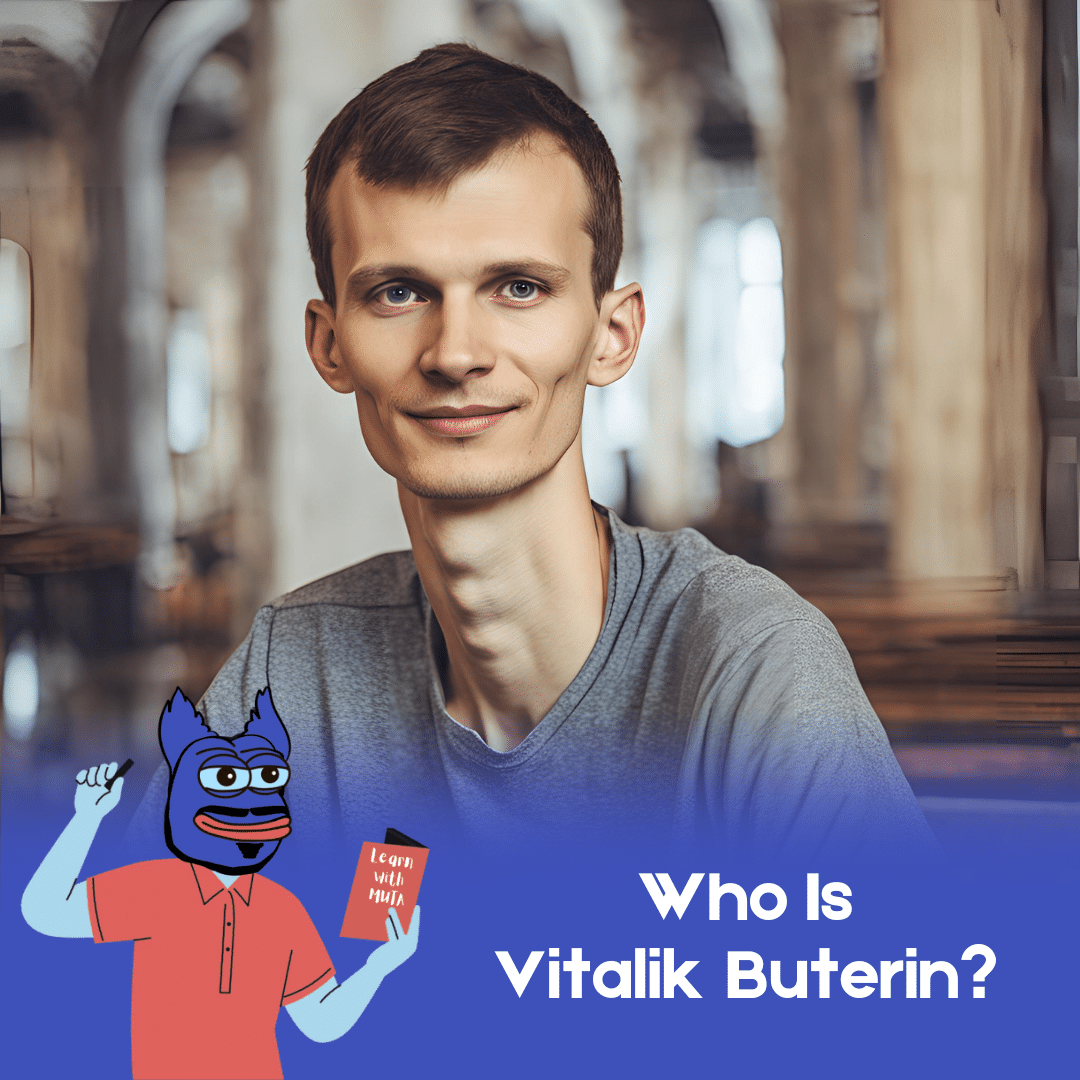
Vitalik Buterin is a leading figure in the cryptocurrency world, renowned for his role in creating Ethereum, one of the most influential blockchain platforms. Unlike the mysterious Satoshi Nakamoto, the pseudonymous creator of Bitcoin, Buterin is a known personality with a significant impact on the development and evolution of blockchain technology.
Early Life and Introduction to Bitcoin
Vitalik Buterin was born on January 31, 1994, in Kolomna, Russia. His family moved to Canada when he was six years old. Growing up, Buterin was introduced to Bitcoin by his father, a Russian-born engineer. This early exposure to cryptocurrency piqued his interest and set the stage for his future endeavors.
In his late teens, Buterin began writing for Bitcoin Magazine, which he co-founded with Mihai Alisie in 2011. The magazine was one of the first major publications dedicated exclusively to cryptocurrency and played a significant role in educating and shaping the crypto community.
The Birth of Ethereum
Vitalik Buterin’s most significant contribution to the crypto world is Ethereum, which he co-founded in 2015. The idea for Ethereum began with Buterin’s white paper, published in late 2013, which outlined a “next-generation smart contract and decentralized application platform.” Ethereum was designed to extend blockchain technology beyond Bitcoin’s limitations, enabling the creation of decentralized applications (dApps) and smart contracts.
Key Features of Ethereum:
- Smart Contracts: These are self-executing contracts with the terms of the agreement directly written into code. They allow for trustless transactions and automation of processes without intermediaries.
- Decentralized Autonomous Organizations (DAOs): Ethereum facilitates the creation of DAOs, which are organizations run by smart contracts rather than traditional corporate structures.
Ethereum’s mainnet went live in July 2015, and it has since become a cornerstone of the decentralized finance (DeFi) ecosystem, enabling a wide range of applications from lending platforms to NFT marketplaces.
Major Achievements and Innovations
The Ethereum Merge
One of Vitalik Buterin’s most notable achievements is the Ethereum Merge, completed in September 2022. This upgrade transitioned Ethereum from a proof-of-work (PoW) consensus mechanism to a proof-of-stake (PoS) system. The Merge was a significant milestone in Ethereum’s evolution, reducing its energy consumption by approximately 99% and making the network more scalable and efficient.
- Energy Efficiency: The switch to PoS drastically decreased Ethereum’s energy usage, addressing long-standing concerns about the environmental impact of blockchain technology.
Philanthropy and Awards
Vitalik Buterin is not only known for his technical contributions but also for his philanthropic efforts. He has donated substantial amounts of cryptocurrency to various causes, including:
- Machine Intelligence Research Institute: In 2017, Buterin donated over $750,000 in ETH to support research into safer artificial intelligence.
- COVID-19 Relief: He has made significant contributions to COVID-19 relief efforts, including a notable donation to a fund in India.
In addition to his philanthropic work, Buterin has received several accolades:
- Peter Thiel Fellowship: Awarded in 2014, this fellowship provided him with $100,000 to work on Ethereum.
- Honorary Doctorate: Buterin received an honorary doctorate from the University of Basel in recognition of his contributions to blockchain technology.
- International Olympiad of Informatics: He earned a bronze medal in the 24th edition of this competition in 2012.
Net Worth and Current Status
As of August 2024, Vitalik Buterin’s net worth is estimated at around $400 million USD (approximately INR 32 billion). This valuation is largely based on his holdings of Ethereum and other assets in the cryptocurrency space.
Future Plans and Vision
Buterin continues to be an influential voice in the blockchain and cryptocurrency space. His vision for Ethereum extends beyond its current capabilities:
- Metaverse: Buterin has expressed skepticism about corporate attempts to create a unified metaverse, particularly criticizing Meta (formerly Facebook) for its approach. He believes Ethereum is better positioned to develop a decentralized and democratic metaverse.
- Ongoing Projects: Buterin is involved in various blockchain initiatives, including the L4 scaling solution and Plasma Group, which aim to enhance Ethereum’s scalability and functionality.


